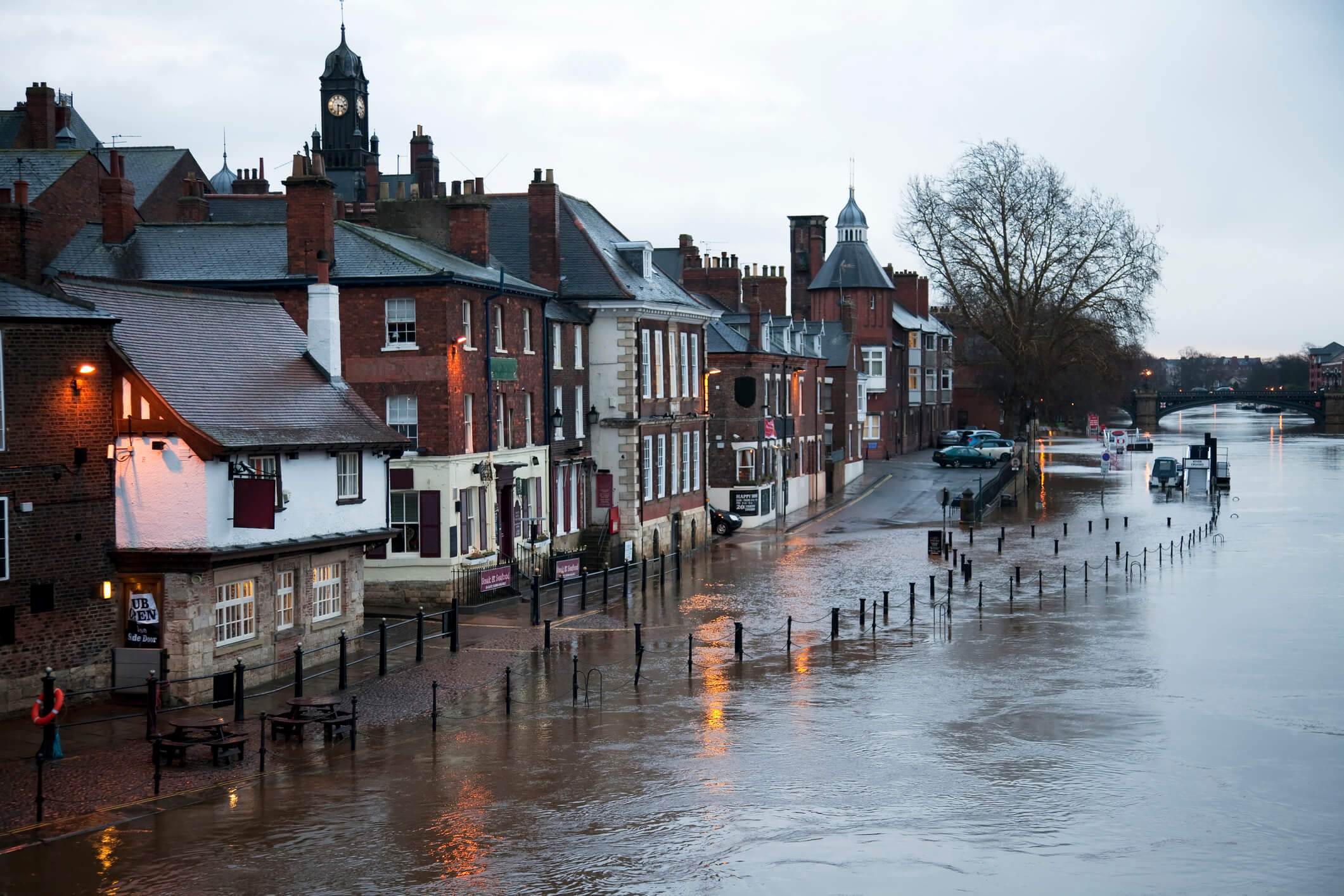How to fight a flood
If you’re concerned your home is at risk of flooding it’s a good idea to be proactive when it comes to protecting your home and reducing the inconvenience to you and your family. For example, broken drains and guttering can cause serious flooding damage if not treated.
Having witnessed the extreme weather, the UK has experienced over the last few years it’s a good idea to get on the front foot and try to reduce the impact a flood might have on your home, especially if you live in a flood risk area. This does not necessarily need to be a mammoth task, small changes you can make today can help protect your home if the worst happens.
Here are our top tips to make sure you’re properly prepared If you’re worried about flooding:
Keep your insurance policy documents in a water-tight bag in a safe place
Keep a note of your insurer's helpline number handy
Prepare a 'Flood Pack' and make sure that everyone in your home or business knows where it is. The pack should include: a torch, battery-operated radio (with spare batteries), a spare phone charger, a first aid kit, warm clothes, blankets and bottles of water. Keep it in a safe place
Think about where your park your car. Is it safe?
Have a map of your local area handy. If you decide to evacuate, bear in mind that some local roads may already be blocked and impassable. Do not attempt to drive across flooded roads
Keep up with home maintenance especially around drains and guttering
If the thread of flood is imminent:
If a flood looks likely, listen out for flood warnings on your local TV and radio stations. The Environment Agency has a 24-hour information service called Flood line available on 0845 988 1188 and also a website which provides useful advice such as alerts and updates on floods: www.environment-agency.gov.uk
Have sandbags available to block the flow of water into your home - your local council may be able to provide these
Make sure your pets are safe and indoors
If you have one, remember to take your mobile phone upstairs and keep it charged
Where you’re able to do so safely, be prepared to move furniture and valuable items upstairs or out of danger. Remember to include items like photos and valuable paperwork that have high sentimental value and will be difficult to replace
Be ready to switch off gas and electricity supplies but listen for advice on your local radio station. If water levels start to enter your home or business, turn off the gas and the electricity at the main fuse board
Finally, be sure to check your home insurance policies to ensure they’re adequately protected and understand the cover your policy would provide in a flood situation. If your home or business is flooded, contact your insurance company as soon as possible.
Get more insights from our insurance hints & tips

What's "escape of water"? Why it happens and how to prevent it
Water is one of the most common reasons for home insurance claims—be it flooding or escape of water. But what’s the difference?In Insurance tips

The importance of financial advice when buying home insurance
Selecting the right insurance for your needs is important - here's why seeking financial advice when doing this can be invaluableIn Insurance tips

Home insurance lingo
Get to grips with some of the jargon that's used when discussing your home insurance needs.In Insurance tips

